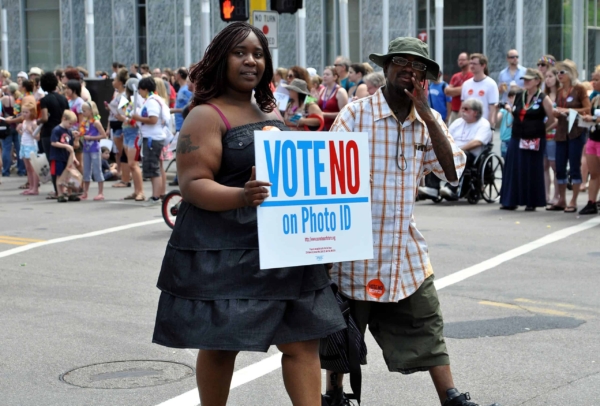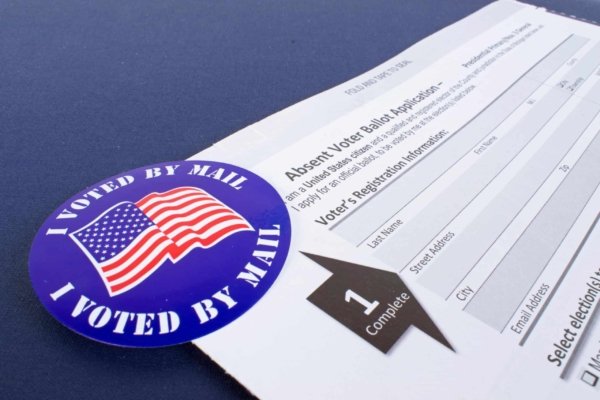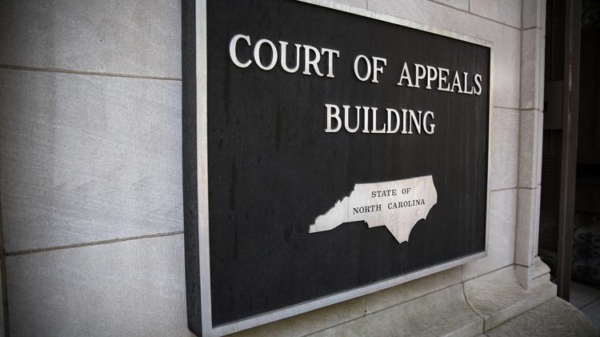
Voting Rights
Court Continues to Uphold Injunction Against North Carolina’s Discriminatory Voter ID Law
Durham, N.C. — A three-judge panel in Wake County Superior Court declined to lift a preliminary injunction against North Carolina’s voter ID law in Holmes v. Moore, saying a modification to the list of permissible IDs approved by the legislature this summer does not resolve concerns that the voter ID law discriminates against voters of color.











